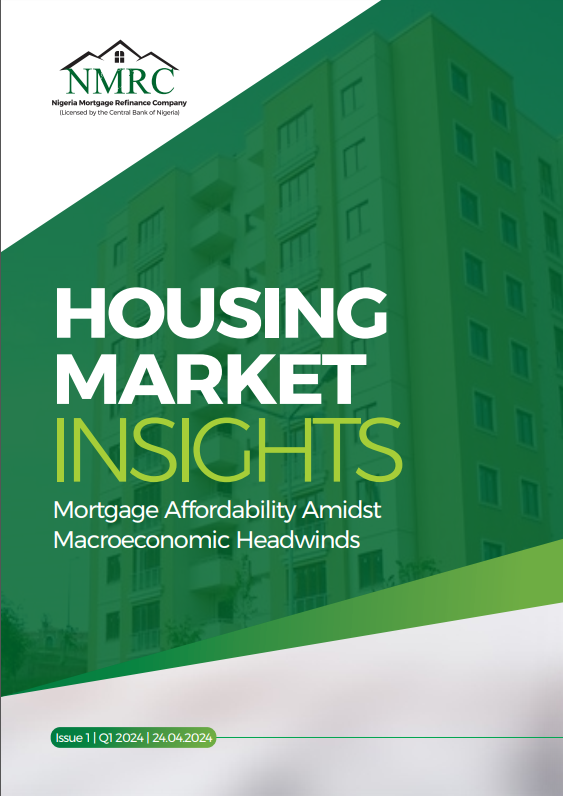The unprecedented rate of urbanization across the world has led to increased demand for good, affordable housing. A recent survey revealed that of 200 cities polled around the globe, 90% were considered unaffordable when applying the widely-used standard of average house prices being more than three-times median income.
Affordability is not just about the ability to buy or rent a home, but also about being able to afford to live in it. This definition of affordability goes beyond meeting expenses related to operations and maintenance, taking into consideration transport, infrastructure and services. If a home is economical enough to buy and maintain but located too far from work or school, it cannot be said to be affordable.
The factors contributing to a lack of affordability vary from city-to-city, but broadly include housing costs rising faster than incomes, the supply of houses not keeping up with demand, scarcity of land, and demographic changes such as population growth, ageing and shifts in household composition.
To understand the challenge more holistically, the World Economic Forum on 6 June launched a new report, Making Affordable Housing a Reality for Cities. It provides a comprehensive overview of affordable housing challenges across the housing value chain. The report identifies factors that affect housing affordability beyond the direct costs of purchase and maintenance – including location, housing type, access to social infrastructure, the legal and regulatory environment and the state of financial markets.
To read more go to https://www.weforum.org/agenda/2019/06/10-ways-cities-are-tackling-the-global-affordable-housing-crisis/























